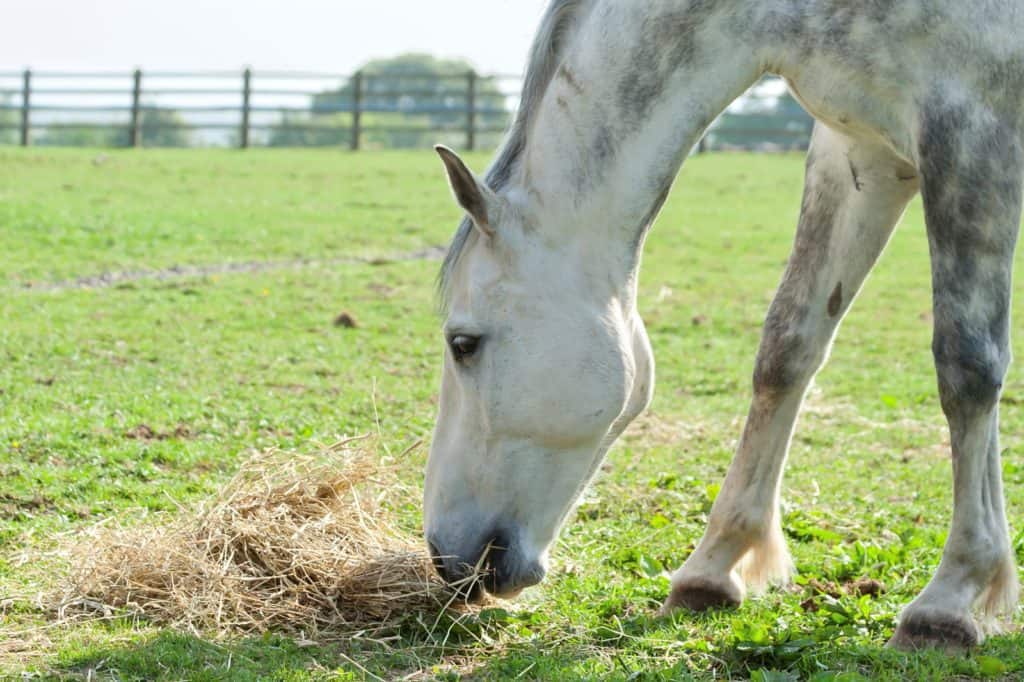
‘Roarers’: Surprise Results for Horses Racing Post-Surgery
Performing “tie-back” surgery earlier than standard practice led to improved outcomes for racing Thoroughbreds.
All aspects of caring for performance horses

Performing “tie-back” surgery earlier than standard practice led to improved outcomes for racing Thoroughbreds.

Temporomandibular joint changes could cause pain as well as behavior problems and poor performance in horses. Or not.

Digital flexor tendon sheath pathology can be difficult to diagnose and treat successfully. Here’s a look at Dr. Florent David’s approach, which he presented at the 2019 NEAEP Symposium.

How equine practitioners can use ultrasound to evaluate the multifidus muscle, which stabilizes and supports the equine back.

University of Minnesota College of Veterinary Medicine researchers have launched a study investigating the genetic and management factors influencing muscle disease in horses. Find out how to get involved.

One manufacturer organized a roundtable of English and Western sport horse practitioners to evaluate their use of bisphosphonates.

A horse appears healthy and sidepasses well to the right, but not to the left. Could he be in pain? A sports medicine practitioner shares his thoughts.

One practitioner describes the steps he takes during a prepurchase exam to help buyers make smart decisions.

What do you do if you can’t get to the barn to supplement your horse every day? A nutritionist offers advice.

A veterinarian describes conventional and alternative therapies for helping tendons and ligaments heal.

A nutritionist explains why horses need this amino acid in their diets and what happens if they don’t consume enough.

While people might extol the virtues of various rehabilitation modalities, those testimonials rarely rely on the science surrounding the techniques.

Horses with recurrent exertional rhabdomyolysis require different diets than horses that tie up because of PSSM.

UK researcher: Evidence-based studies are lacking; here are my experiences and shoeing strategies.

A horse’s bloodwork isn’t back to normal after a bout with coronavirus. Leaky gut might be the culprit.

High-tech measurements support master saddlers’ tree width standards.
Stay on top of the most recent Horse Health news with
"*" indicates required fields